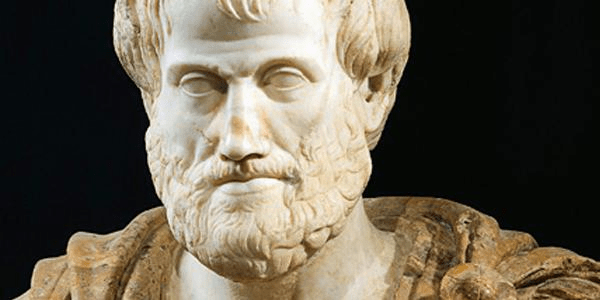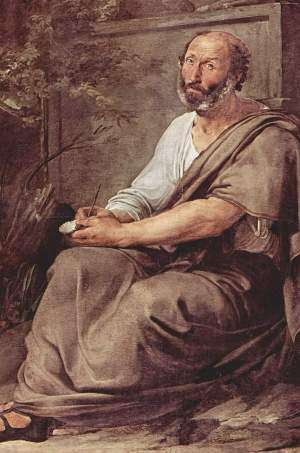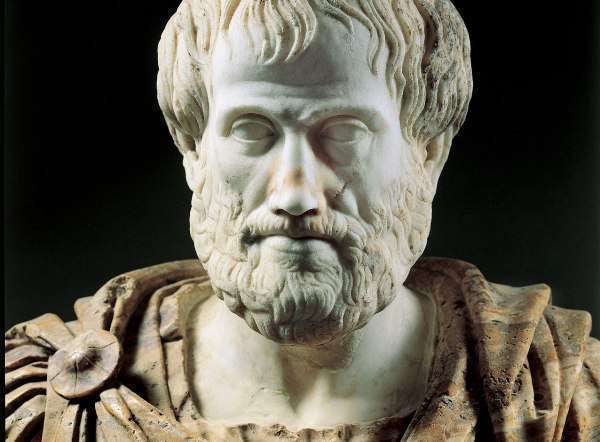Aristotle dealt with philosophy as a set of interrelated elements interacting with each other. His views influenced the future development of such sciences as sociology, politics, logic, natural science.
In the teachings of Aristotle, philosophy is divided into three types, namely: theoretical, practical and poetic. Theoretical studies the questions of being, the appearance of everything that exists. Practical is engaged in the study of human activities and the structure of the state. The principle of poetic philosophy is artistic ability. It is believed that the thinker deduced, in fact, another kind of it – logic.
Questions of Being and Matter
In the ancient philosophy of Aristotle, a definition of being is given. It in his understanding is an entity that has the properties of relationship and position, place and time, quantity and quality, state, action and suffering. But a person is often given to understand only the properties of being. The scientist also divides his concept into a single one, which exists at a certain moment in a certain place, and a general one, located anywhere and at any time. According to his teaching, the general being can be explained using only the mind.
Questions of matter occupy an important place in the philosophy of Aristotle. Matter, according to his teachings, is what a thing consists of and, accordingly, a passive principle. The form organizes it – it is an active principle.
Based on this, the philosopher draws certain conclusions:
- everything has matter and form;
- the internal content of an object is due to a change in its matter, form (or one thing);
- a series of successive transformations from matter to form and vice versa – this is nature.
Well, God is the highest form of everything that exists, which is beyond the limits of the world.
The soul as a carrier of consciousness
The soul, according to the teachings of the philosopher, has the following stages: vegetative, animal and the main, inherent only to man, rational soul. It controls the functions of the body. The vegetable soul is responsible for reproduction, as well as growth and sustenance. The animal soul, in addition to the above, is responsible for feelings, lust. The rational soul distinguishes a person, includes the functions indicated above, as well as thinking, reasoning.
The thinker highlights the inherent human need to be in a team. It contributes to the emergence of a society, more precisely, a group of people united by a place of residence or work, culture, language. They produce wealth and distribute it.
The best type of state
The coordinating mechanism of society is the state, which maintains the necessary order, protects against enemies, promotes the economy, and much more. The thinker in his writings defines the following types: monarchy, aristocracy, tyranny, extreme oligarchy, polity (a combination of moderate oligarchy and moderate democracy), ochlocracy. According to the scientist, polity is the most acceptable form of state.
The legacy of the philosopher is enormous, and its significance cannot be overestimated. The philosophy of Aristotle, summarized, should be considered inseparably from the teachings and theories of Plato, although he did not agree with his teacher on everything. The philosopher laid the foundation for various sciences. The scale of his philosophical and scientific research is still amazing.


